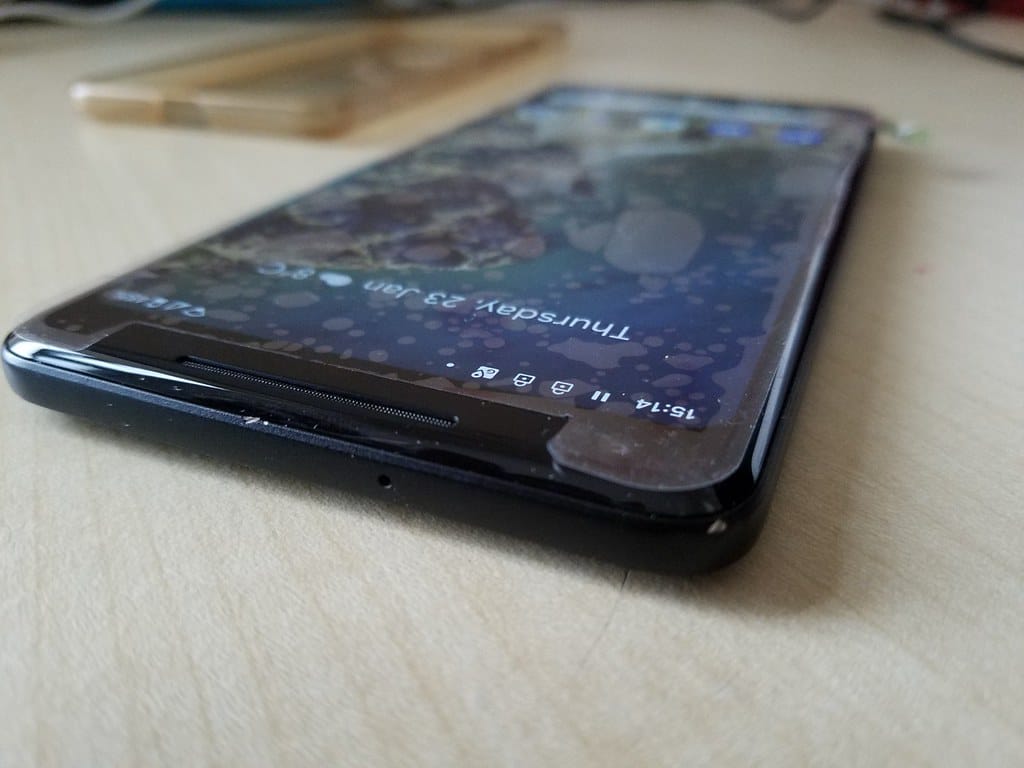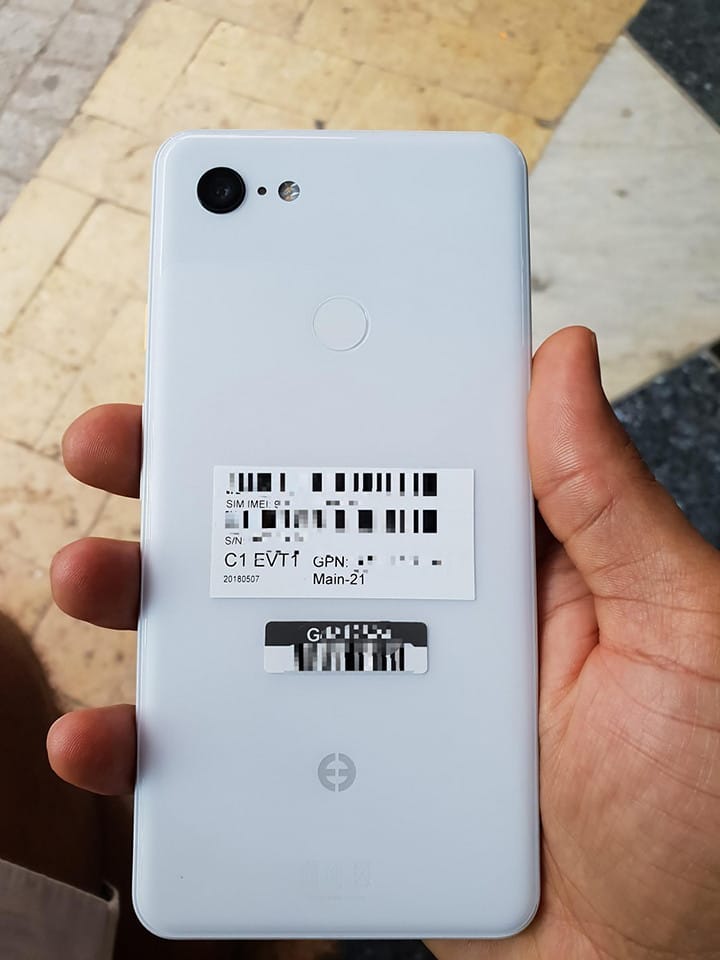Google's 'Battery Health Assistant' Could Throttle Your Pixel 10 – Here's What You Need to Know
Google appears to be preparing a controversial new feature that could automatically slow down your Pixel 10 to preserve battery health, raising immediate comparisons to Apple's infamous "batterygate" scandal that sparked lawsuits and regulatory scrutiny worldwide.
The Discovery: Code Reveals Throttling Plans
Recent analysis of Android 15 QPR1 beta code by Android researchers has uncovered references to a "Battery Health Assistant" feature specifically designed for Google's upcoming Pixel 10 series. The discovered strings suggest the system will monitor battery degradation and potentially limit device performance when the battery's health falls below certain thresholds.
The code references include mentions of "performance management" and "thermal throttling for battery health," indicating Google is developing functionality similar to what Apple implemented with iOS 10.2.1 in 2016 – a move that later cost the company $500 million in settlements.
How It Would Work
Based on the preliminary code analysis, Google's Battery Health Assistant would:
- Monitor battery degradation in real-time using advanced algorithms
- Implement performance caps when battery health drops below optimal levels
- Adjust CPU and GPU frequencies to reduce power consumption
- Provide user notifications about battery health status and performance impacts
Unlike Apple's initial implementation, which was done without user notification, Google appears to be planning transparency features that would inform users when performance throttling occurs.
The Apple Precedent: A $500 Million Lesson
Apple's 2016 decision to throttle iPhone performance without user consent created a massive controversy. The company claimed it was preventing unexpected shutdowns on devices with degraded batteries, but critics argued it was forcing users to upgrade to newer models.
The backlash resulted in:
- $500 million in settlements across multiple class-action lawsuits
- Congressional hearings on planned obsolescence
- Regulatory investigations in multiple countries
- Mandatory disclosure requirements in several jurisdictions
Apple eventually added battery health monitoring and user controls, allowing iPhone owners to disable performance management at the cost of potential unexpected shutdowns.
Why Google Might Take This Risk
Despite Apple's costly experience, there are compelling technical reasons why Google might implement similar functionality:
Battery Chemistry Reality: Lithium-ion batteries naturally degrade over time, losing both capacity and peak power delivery capability. As batteries age, they become less capable of providing the sudden power spikes modern processors demand.
Preventing Hardware Failures: Unexpected shutdowns can cause data corruption and create poor user experiences. Performance throttling, while frustrating, may be preferable to random device crashes.
Extending Device Lifespan: By managing performance based on battery health, Google could help users maintain functional devices longer, potentially supporting environmental sustainability goals.
The Pixel 10 Timing Factor
The Pixel 10 is expected to debut Google's custom Tensor G5 processor, manufactured on TSMC's advanced 3nm process node. This new chip architecture could be more power-efficient but may also have different power delivery requirements that make battery health management more critical.
Google's timing also coincides with increasing regulatory pressure around device longevity and right-to-repair legislation gaining momentum globally.
User Control Will Be Key
Early indications suggest Google learned from Apple's mistakes. The discovered code includes references to user controls and notification systems, potentially allowing Pixel users to:
- View detailed battery health metrics
- Choose whether to enable performance throttling
- Receive clear explanations of any performance impacts
- Access battery replacement recommendations
What This Means for Pixel Users
If implemented, the Battery Health Assistant could significantly impact the Pixel 10 user experience. While the feature might help prevent unexpected shutdowns and extend overall device lifespan, it could also mean slower performance as devices age.
The key differentiator will be transparency and user choice – lessons Apple learned the hard way.
The Bottom Line
Google's potential Battery Health Assistant represents a calculated risk. While the feature could provide genuine benefits for device longevity and user experience, it also opens the company to the same criticisms that cost Apple hundreds of millions of dollars.
Success will depend entirely on implementation: clear user communication, meaningful choice, and transparent operation could make this feature a positive addition to the Pixel experience. However, any hint of deception or forced obsolescence could trigger the same regulatory and legal challenges Apple faced.
For prospective Pixel 10 buyers, this development underscores the importance of considering long-term performance implications alongside initial specifications when making purchase decisions.

